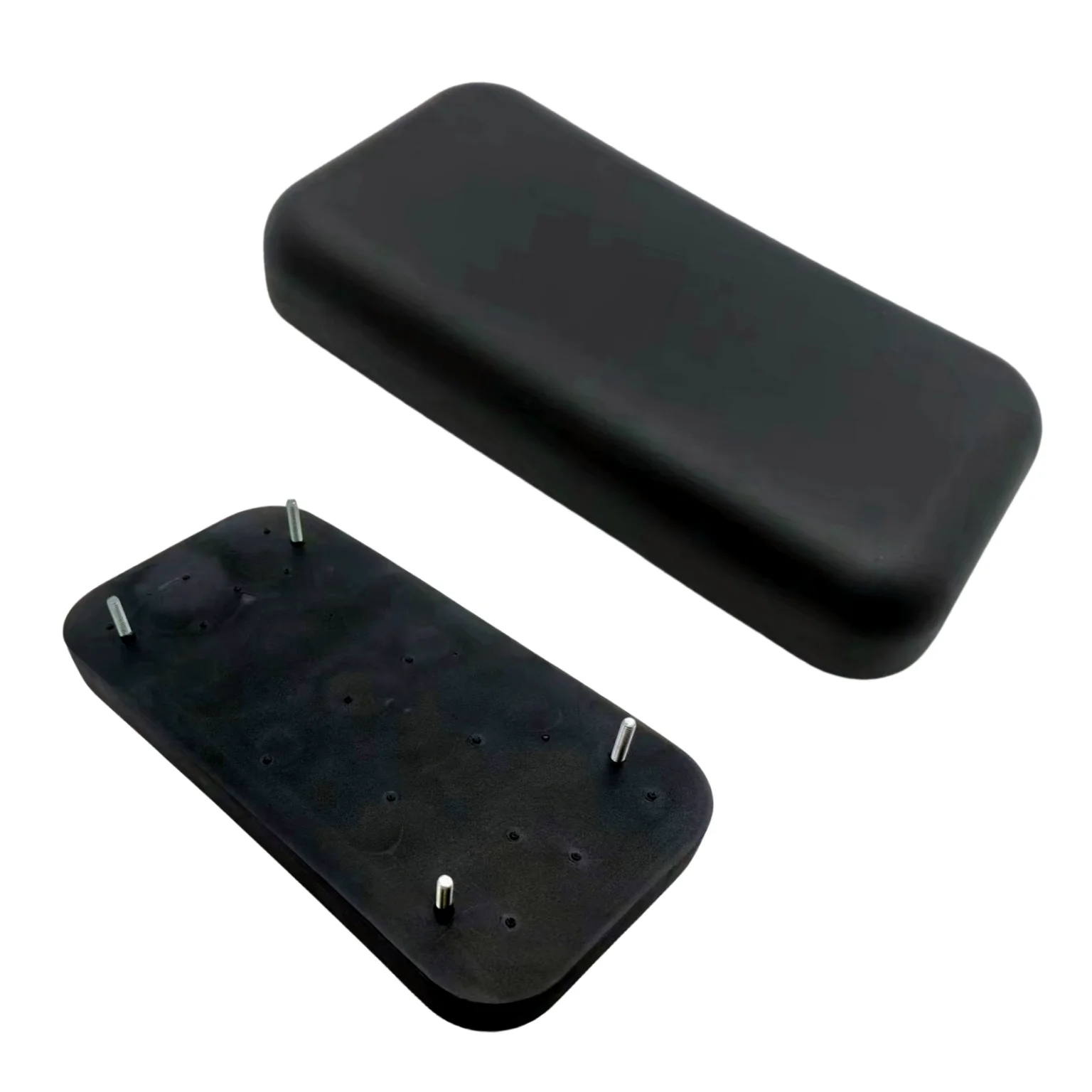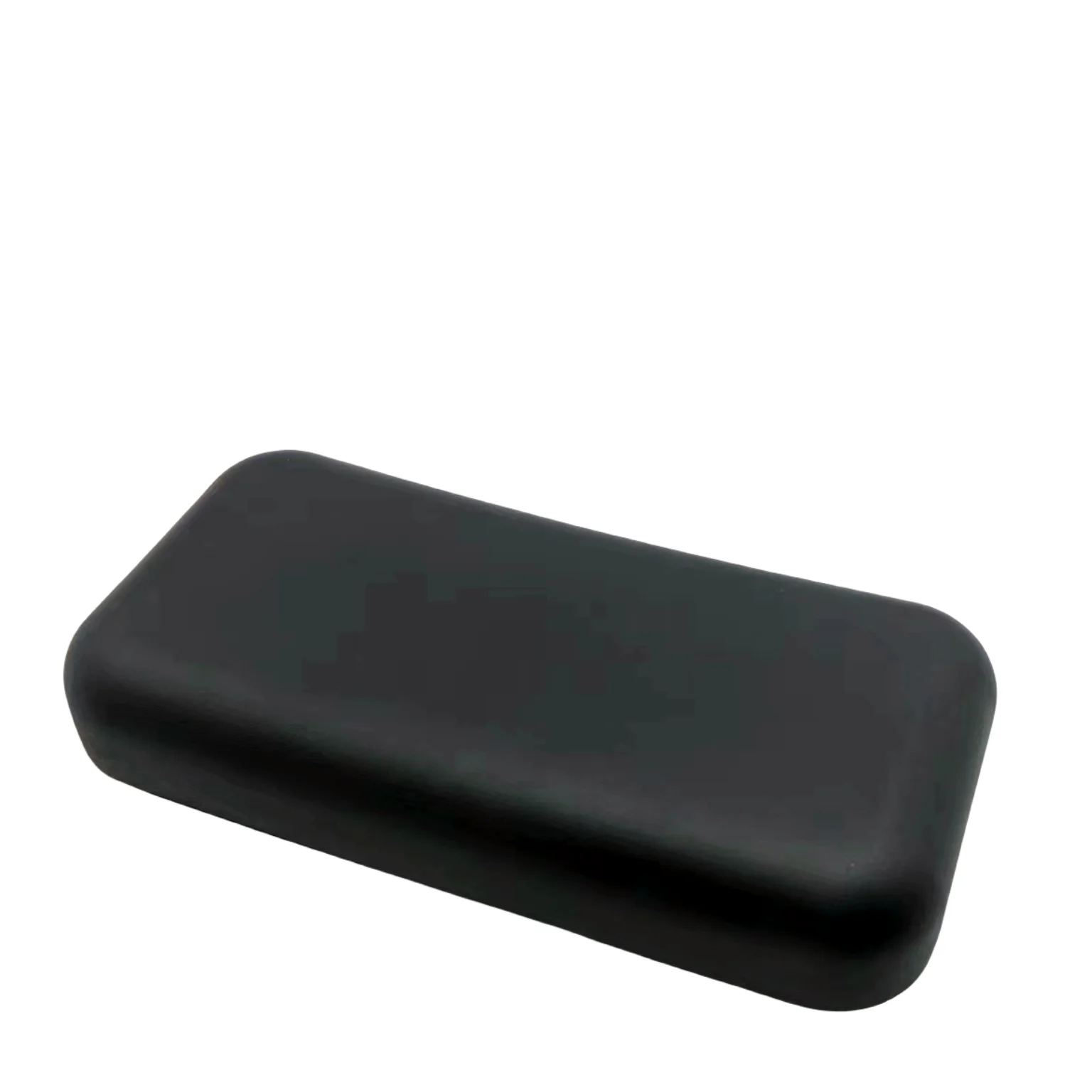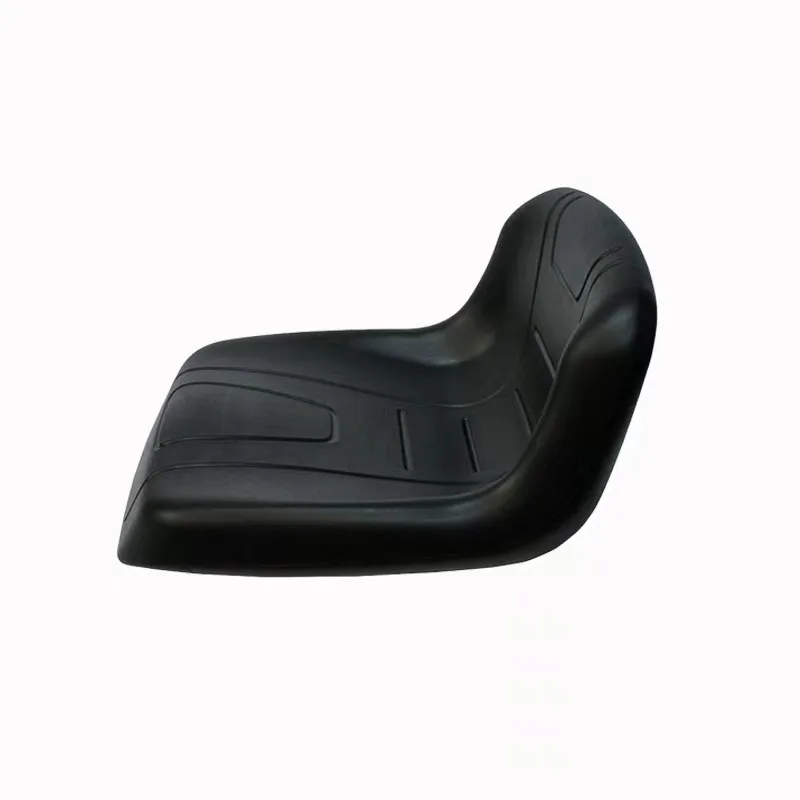KeyNote on The Advantages of Polyurethane PU Foam for Construction
Polyurethane PU Foam, A special construction material (A Spray FOAM) Great insulation and air sealing properties which help keep homes or buildings warm and dry. So, let us look at some of the benefits in detail for utilisin JSW spray PU foam material specific applications like construction.
Polyurethane PU foam for insulation and fire protection Keeps things warm: One of the main benefits of polyurethane PU foam is that it has an excellent ability to keep heat inside buildings. This is instrumental in keeping rooms cozy by insulating walls, roofs and attics properly to trap heat during cold seasons.
Keeps it dry: Along with providing insulation that helps keep a structure cool in the summer and warm during winter, Polyurethane PU foam also acts as a moisture barrier stopping water from entering buildings. It helps manage humidity levels to prevent mold and mildew growth, leading to a healthier indoor air.
Energy efficient- Another important advantage of using polyurethane PU foam is its energy efficiency. The use of PU foam in the insulation layers can significantly reduce the amount of energy needed for heating and cooling, thereby lowering utility bills. When properly installed, foam insulation systems could decrease the cost of heating and cooling by as much as 50%, so it is an economical solution for homeowners to own a building.
Noise reduction: In addition to its thermal and moisture management qualities, polyurethane PU foam is also an effective sound absorber. It prevents sound from traveling through it, which provides the perfect solution to reduce and control noise for walls, floors in both residential or commercial applications.
Durable: Polyurethane PU foam is a non-biodegradable substance that does not shrink, settle or erode over time, so unlike cellulose insulation it is meant to last. This longevity guarantees years of dependable insulation and sealing operation, thus representing a long-term solution to help rooms stay comfortable at the right temperature while being as energy efficient - all without any hassles.
Properly Using Polyurethane PU Foam for the Best Results
Applying polyurethane PU foam may sound simple, but it is an extremely important process part to attain the best results. Write us in the comments what additional steps you take to maximize the effectiveness of PU foam
Surface Preparation: Clean the surface well, ensure all dust or debris and penetrated moisture has been removed to let it dry out before applying foam. This is a critical step that will allow the foam to adhere well and be covered uniformly.
Shake the can: When using spray foam insulation, you need to shake your closed bottle very well before use in order for it to work best on every application and flow smoothly. This stage is crucial in order to make sure the foam expands and treatment properly.
To wrap-up of this process, since polyurethane PU foam expands quickly make sure to wear gloves and safety glasses along with a respirator so you can protect themselves.Exit code 12 from happen again Now. This is a precaution taken to avoid skin contact and inhalation of harmful chemicals when the epoxy application commences.
Spread the foam out: Spray an even coat of foam in a back and forth motion. You are guaranteed to have an even coating throughout, which is fantastic in the sense that you can control your own insulation properties by keeping it at a suggested distance of approximated 12 inches away from where you would like to spray.
Allow the foam to dry: After spraying polyurethane PU foam, leave it for a while until--it expands--settles and cures before you make any cutting or trimming. This curing is necessary for the intended insulating and sealing properties of the foam to be in effect.
PU foam is also available in different grades, each designed for a specifc type of construction use case. Different Types of PU Foam and Where They Are Used
Closed-Cell Foam: Used frequently for insulation and air sealing, this PU foam boasts a high R-value (measure of thermal resistance) as well as an inherent ability to act like an air barrier, aiding in energy efficiency within buildings.
Open-Cell Foam: Light-density open-cell foam is great for soundproofing some of the walls, ceilings and flooring because it absorbs noise and cuts down on transmission.
High-Density Foam: This stuff is rigid and strong, so it tends to get used in support where flex isn't desired - wall insulation or structure work for walls/roofs etc. It may cost more, however because it is the "big brother" to fiberglass offers much better insulating performance and overall durability.
Low-Pressure Foam: Ideal for air sealing around doors, windows and electrical outlets to reduce energy loss while improving building comfort; designed specifically for small gaps & voids.

Alongside the benefits of functionality and versatility polyurethane PU foam also delivers important environmental properties that assist in sustainable development and resource protection. Some ways how PU foam is Environment Friendly are;
Increased thermal performance of buildings, and consequently lower energy consumption for heating cooling, reducing greenhouse gas emissions associated with these services Polyurethane (PU) foam as a means to promote environmental sustainability.
Minimal waste generation:PU foam, due to its long-lasting nature, eliminates the requirement of frequent replacement and reduces waste produced as well as landfill used up; therefore PU usage provides a sustainable way in construction practices with respect to insulation.
Sustainable sourcing - many manufacturers of polyurethane PU foam source raw materials from sustainable or eco-friendly sources to lower the environmental impact of their expansion while also promoting responsible resource management.

Are you Seeking for the ideas of using PU foam in your construction projects? Below are a few creative ideas to help you with your brainstorming...
Insulated walls: Whether it is inside wall or outer wall insulation, the usage of polyurethane PU foam enhances thermal comfort by buildings energy efficiency.
Sealing air leaks: Bid goodbye to drafts and energy loss by sealing air leaks especially those found near doors, windows and penetrations in your building envelope with PU foam.
Sound insulation:PU foam can effectively reduce the noise in indoor environment when used as building material for soundproofing walls, rooms, offices and commercial space.
Roofs: as a roof material because polyurethane PU foam has insulation value, is strong and weather resistant which would create long lasting effective roofs.

For construction applications, the development of polyurethane PU foam is a kind and beneficial material with several advantages - insulation performance (thermal), moisture control, energy efficiency, noise reduction potential & longevity. Applying the material with care, according to type of application and purpose for which they are using it in conjunction pose several benefits that PU foam offers both builders as well as home owners. The environmental advantages inherent to polyurethane PU foam also certainly play their part in promoting sustainable building and reducing unnecessary energy use or waste generation. In your next construction project, chip in the creative leads of PU foam to augment comfort and efficiency as well as environmental delights.
No matter how difficult it is to manufacture an item, Ronghe will employ high-quality polyurethane pu foam to precisely adjust the dimension and shape of the product to meet your specific specifications. We have many years of experience in a range of markets including PU foam products customization, sealing strips, plastic product customizations, rubber molded part customizations, etc. and we are looking at working together with you.
We polyurethane pu foam that we control every manufacturing process to meet your supply needs on time, quality and quantity, focusing on delivering professional and appropriate personalized solutions for PU foam products including rubber products, plastic products that meet your unique needs.You can rest assured of high-quality service since we have an after-sales support system that includes one-to-one assistance.
polyurethane pu foam Ronghe Rubber Products Co. Ltd. established in 2015 is an organization that specializes in the manufacturing of rubber products as well as plastic components.Main products PU Foam Products Plastic Products Rubber Molded Parts and Seals. Products are exported to Europe America Africa Southeast Asia and other countries.
Due to their physical characteristics such as their material properties PU or rubber products are durable and light in weight while being resistant to cold and heat They can also last for a long duration Ronghe's products meet your needs regardless of the kind of polyurethane pu foam such as rubber parts or plastic parts you require and what harsh environment they're employed in